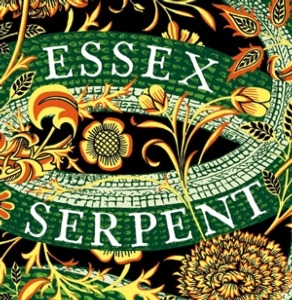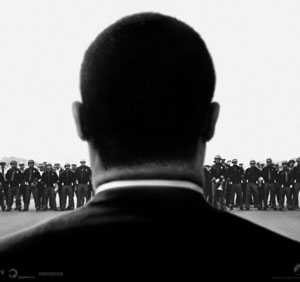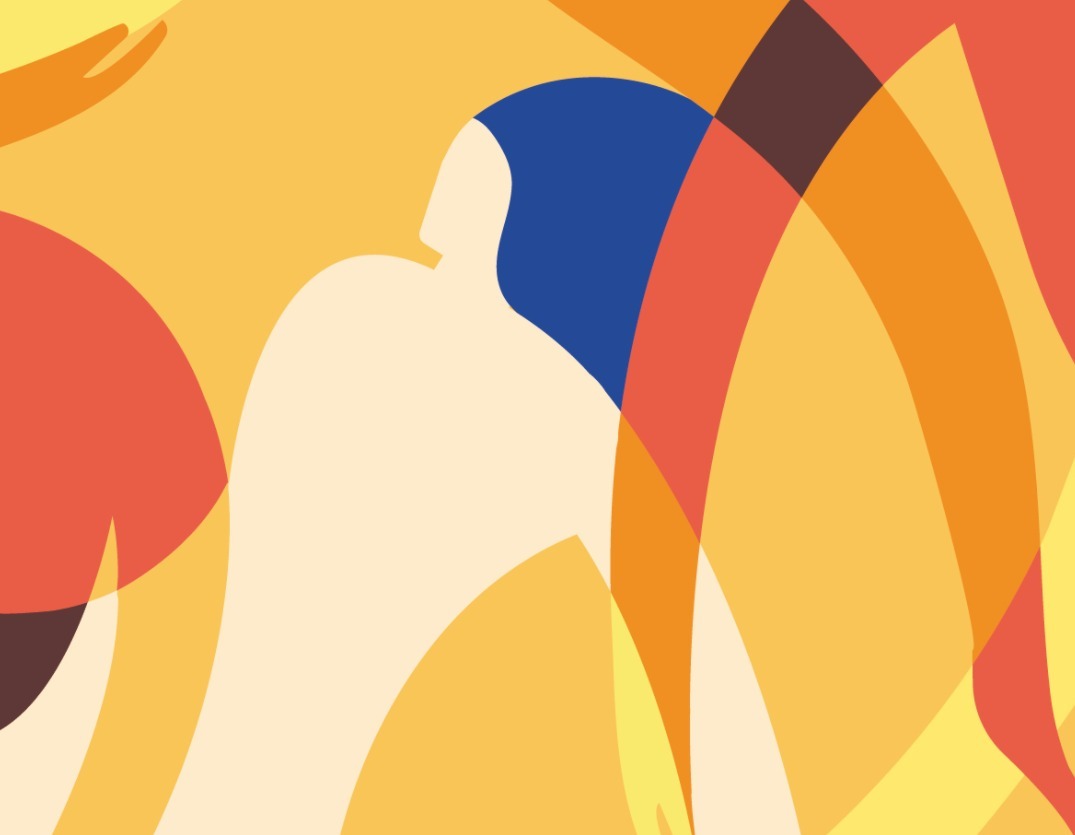
It's been a long year. At many points, it felt as if the doomed 2020 had stretched well into 2021. The media continued to bear bad news, and reflections on the experience of grief, isolation, polarisation and other features of our social landscape continued to surface in everyday discussions. But so too did stories of hope and empowerment, along with heartening developments in science and technology. At New Humanist, we continued to shine a light on worrying trends in our "post-truth" era, championing reason and free inquiry at a time when these principles are under great threat. In our Top 20 articles of the year, our authors engage with these themes and much more. We have also included episodes from our podcast With Reason. We hope you enjoy these as much as we have.
***
1. Blasphemy in the classroom by Emma Park
In March, a grammar school in Kent was targeted by protestors angry at a teacher's showing of a cartoon of the Prophet Muhammad. Soon after, Emma Park began to reflect on what this said about the state of free expression in Britain, and the all important question of how religious iconography is differently interpreted.
3. Of beasts and men by Julian Baggini
Parliament has been debating an Animal Sentience Bill that could finally see animals officially recognised as sentient creatures. It's high time this happened, Julian Baggini writes, but it doesn't provide the basis for an argument that meat-eating is a special kind of evil.
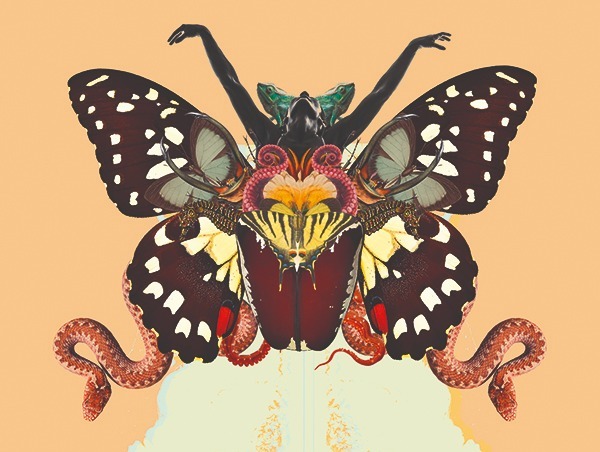
4. Our national need for grief by Samira Ahmed
The pandemic cast a huge blanket of grief over Britain. Yet it feels like the tens of thousands of sudden deaths haven't been properly marked.
5. Writing and recovery: an interview with Michael Rosen
In early 2020, the poet and author Michael Rosen almost died from Covid-19. He used his recuperation to reflect on the value of kindness, touch and practical atheism, and later spoke with New Humanist about the immorality of government decision-making around the pandemic.
6. Talking to Ourselves by Jon Moses
When we pay them heed, our inner voices can shape our lives. They tell us what we should think, and how we should behave. But, writes Jon Moses, they have long been understudied. Should that change?
7. Disease and power: a Q&A with Kyle Harper
Several transformations in human history - the development of agriculture, the rise of cities, international travel - triggered profound changes in the way diseases evolve and pass between humans. Dr Kyle Harper, author of Plagues Upon the Earth: Disease and the Course of Human History, gave us an overview of how we have shaped disease, and how it has shaped us.
8. Lying Eyes by Gayan Samarisinghe
Judges, juries, prosecutors and courtroom audiences can't but help look at the expressions of defendents to glean clues as to their guilt or innocence. But this is not only unscientific, writes Gayan Samarisinghe. It is a major cause of bias in criminal trials.
2. How to fix the internet: an interview with Chris Bail
Online tribalism is a growing threat, with real implications for offline safety. Chris Bail, head of the Polarization Lab, shared his thoughts on what strategies can best be used to tackle the problem.
9. Scraping the Barrel by James Robins
A Hollywood film on the life and times of Cruella de Ville has flattened a complex villain into a likeable, redeemable character. But why do directors need to deliver feelgood stories, James Robins asks?
10. The curious mind of a dog by Cal Flyn
Several years ago, a speech pathologist began to wonder whether the strategies she uses to develop language skills in her young patients could be adapted in order to train dogs to "talk". As Cal Flyn found out, the results have been astonishing.
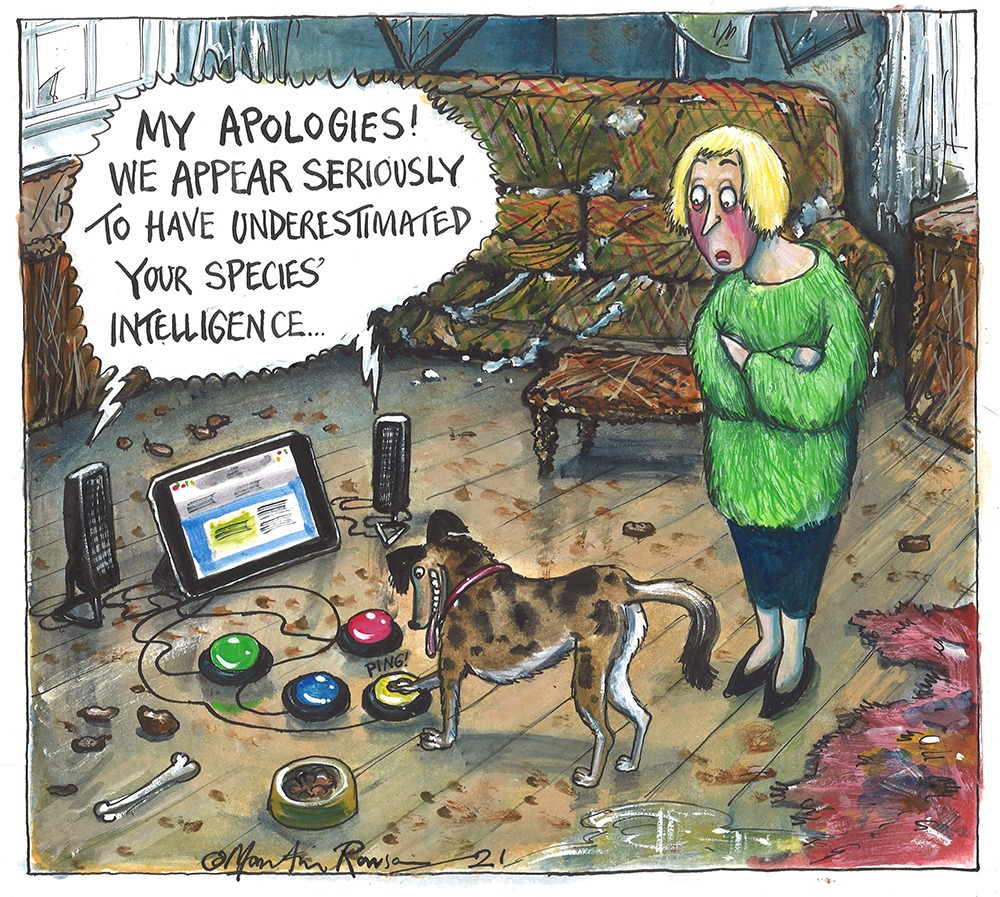
11. A good death by Jem Bartholomew
Current laws around assisted dying in the UK mean that people who want to legally and painlessly end their lives have to travel abroad. But the tide is beginning to turn, writes Jem Bartholomew in a feature on the life, and death, of Rebecca Drury.
12. Inside Diyarbakir, the city of the silenced by Sami Kent
Diyarbakir is Turkey’s biggest Kurdish city, and its recent history is one marked by violence and unrelenting state oppression. But it also where the development of a recognisably 21st-century Kurdish city has found powerful expression, as Sami Kent discovered.
13. Q&A with A.C. Grayling by Niki Seth-Smith
"I’ve always said that humanism is an ethical outlook," A.C. Grayling told us earlier this year, "which has its roots in Classical antiquity and which pretty well all reflective people have held close, right the way through the history of philosophy."
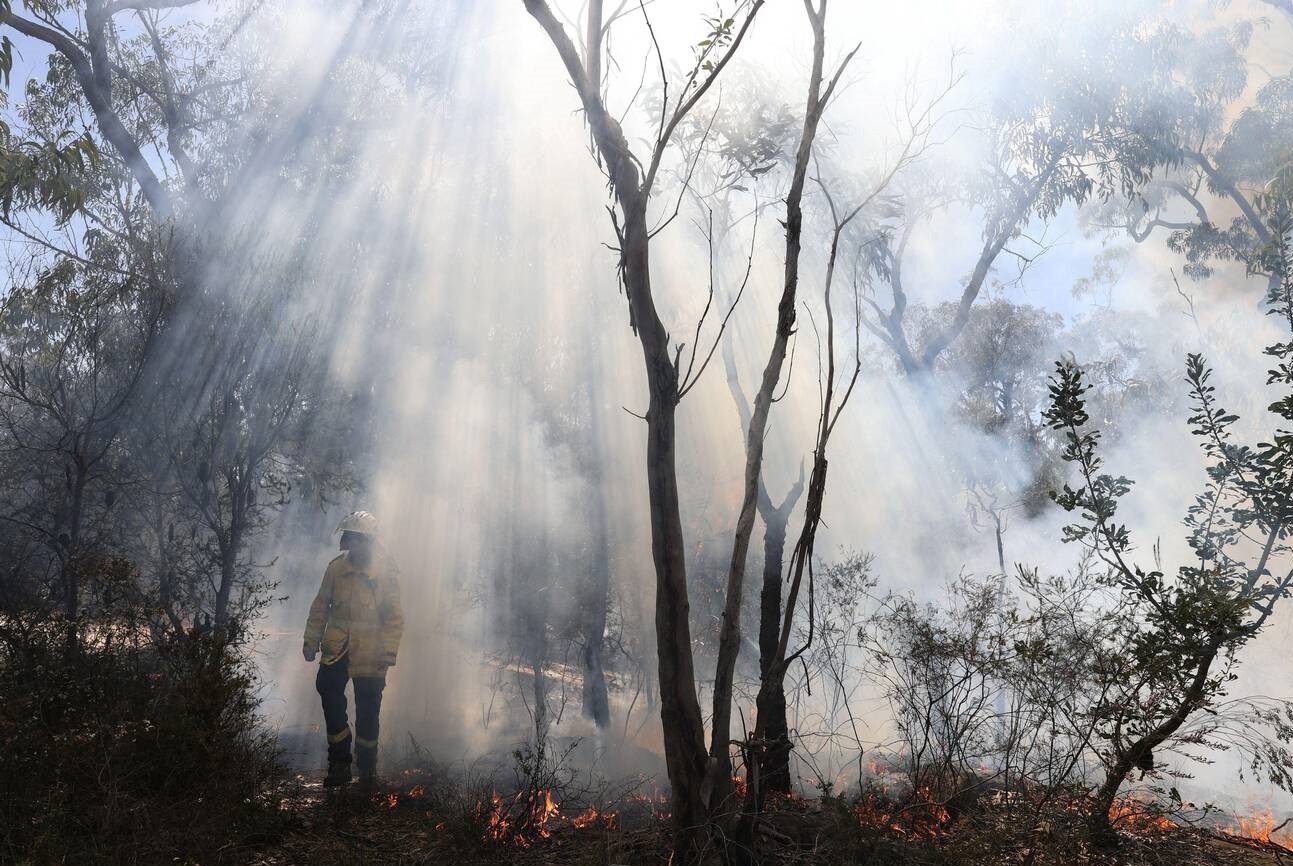
14. Australia's dance with death by Peter Salmon
As with neurosis in an individual’s psyche, Peter Salmon reflected, a neurosis in the psyche of a nation can battle on, impervious to the facts. Australia's position on looming environmental collapse is just such an example.
15. The Cosmos & Us: an interview with Jo Marchant
What do we gain when we look to the skies? How has cosmology shaped our politics? And why is awe a feeling that we can’t afford to lose? We spoke about this, and more, in a podcast with the science writer Jo Marchant.
16. Remember me by Laurie Taylor
Laurie Taylor spent much of the past year contacting old pals in the hope that long-dead friendships could be reborn. For the most part, he was wildly unsuccessful, and he came to learn a hard truth: they had gotten on just fine without him.
17. Q&A with Eimear McBride by J. P. O'Malley
The Irish novelist, whose book A Girl Is A Half-formed Thing won the inaugural Goldsmiths Prize in 2013, spoke to us about objectification and disgust in representations of, and conversations around, women's bodies.
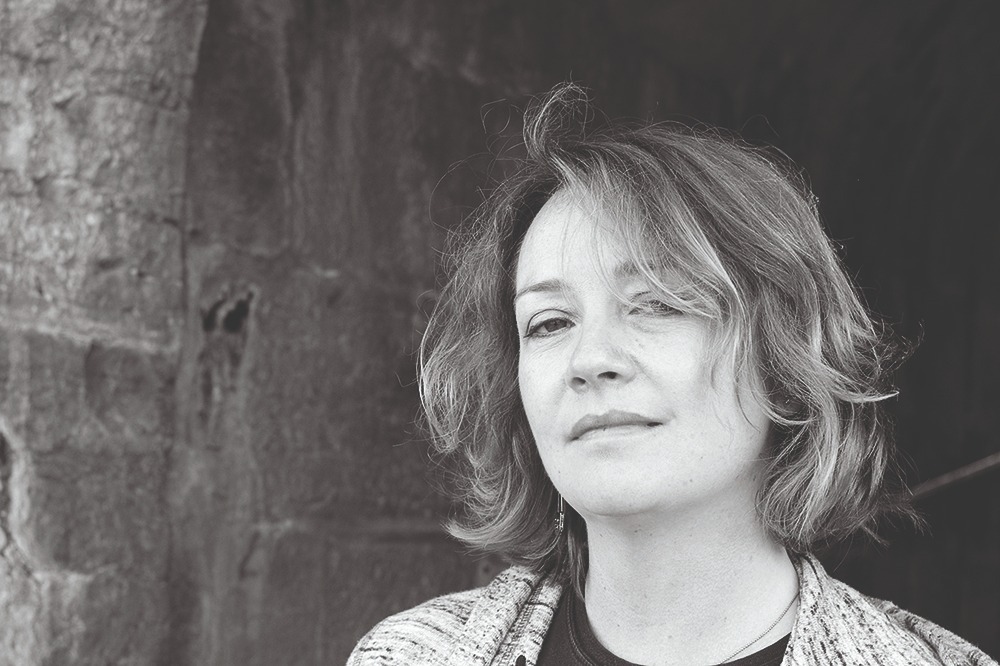
18. Patron saint of doom by Tom Whyman
Like many of us, Tom Whyman found the pandemic period to be full of dispiriting news. But after returning to the work of Arthur Schopenhauer, he understood that hope lay in properly interrogating the pessimistic mind.
19. Secrets in the soil by Kate Brown
Our problem of ravaged soils is one of the oldest in the history of agriculture. But having tried her hand at farming on disturbed urban territory, Kate Brown found reason to be optimistic about the future of the ground beneath our feet.
20. Adult enterprise by Ray Filar
Some anti-sex-worker campaigners believe that criminalisation will “end demand” from would-be sex buyers. Part of this push is the shutting down of websites used by sex workers. But, as Ray Filar discovered, resistance against this campaign is growing.
To all of our readers: Felice anno nuovo!
And to those of you who don't yet subscribe, why not head into 2022 with a fresh new subscription to New Humanist magazine. You'll get beautiful, thought-provoking magazines delivered to your door, from just £27 a year: newhumanist.org.uk/subscribe
